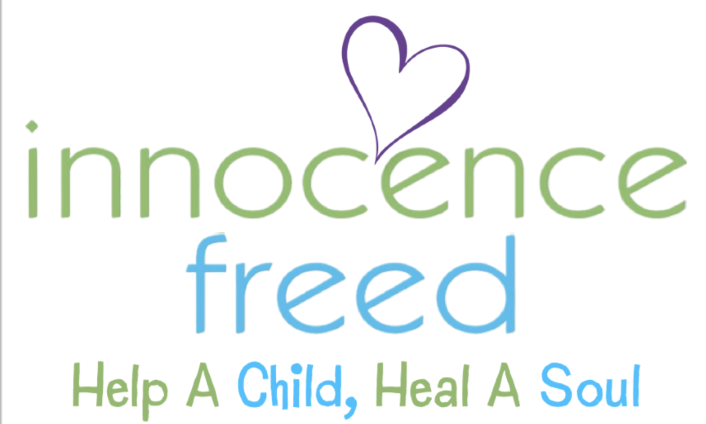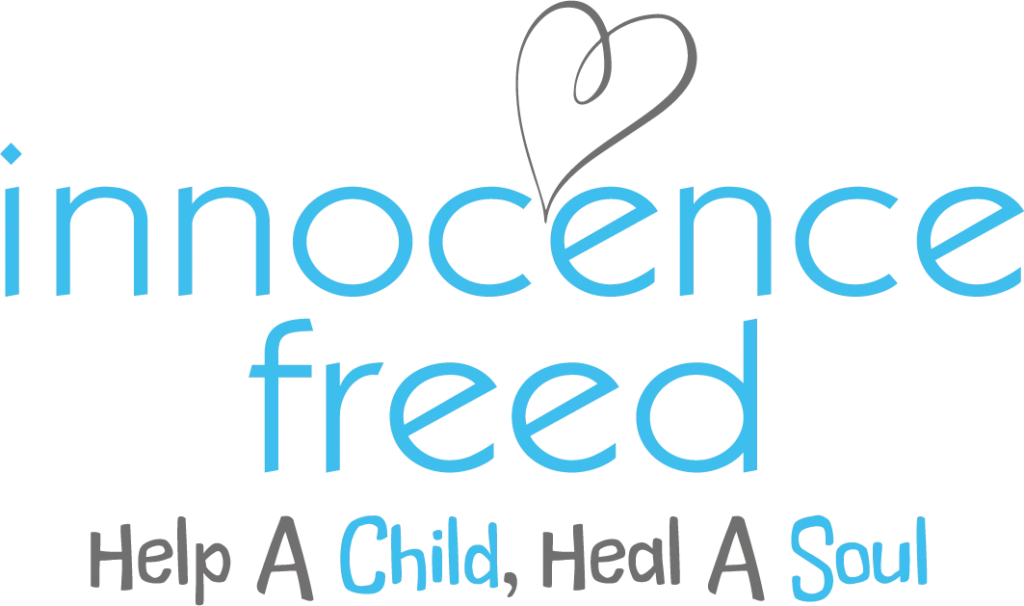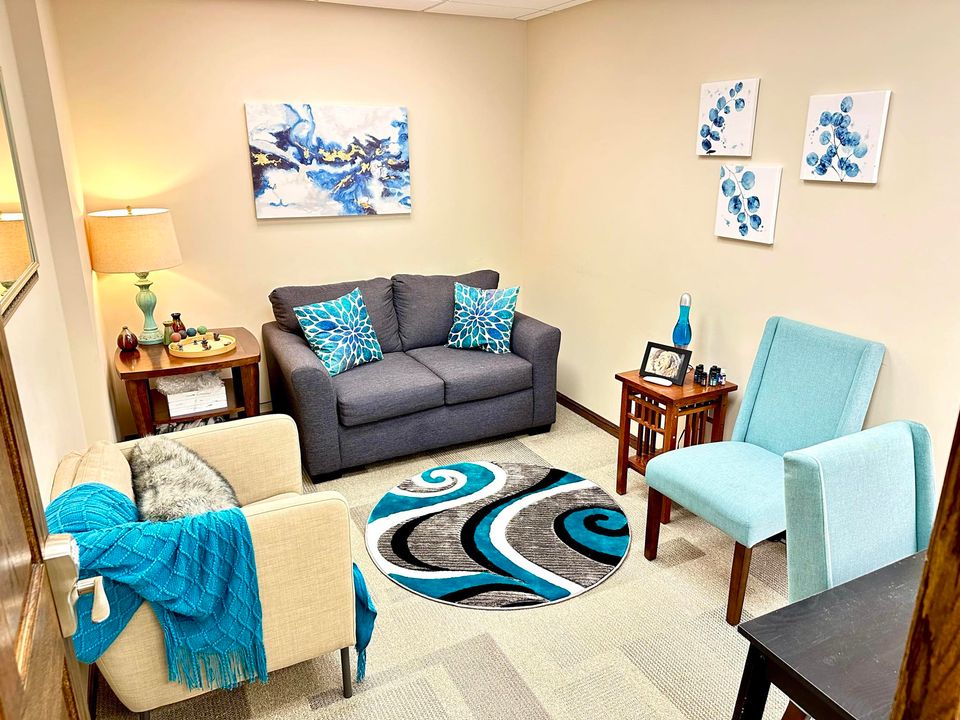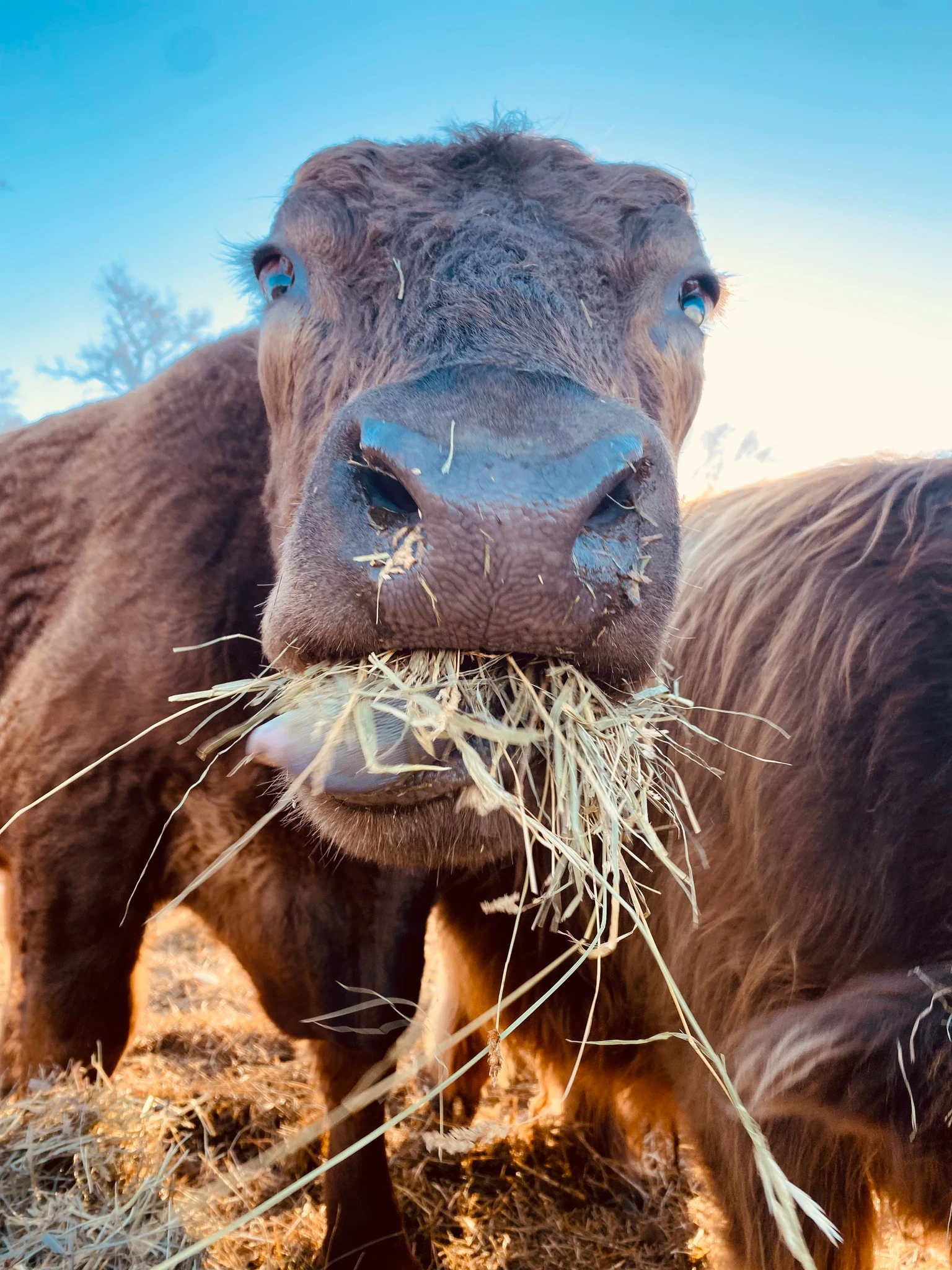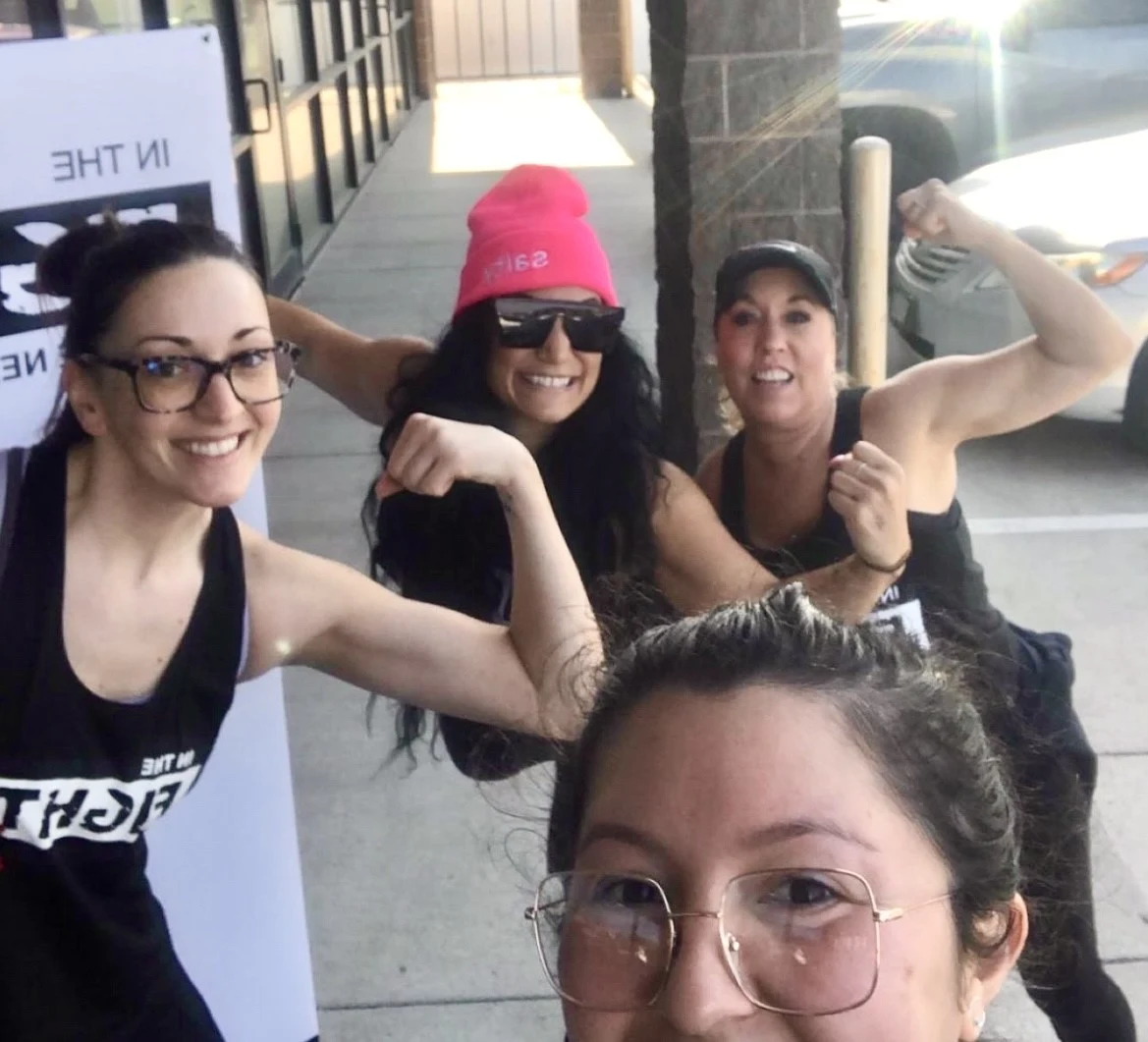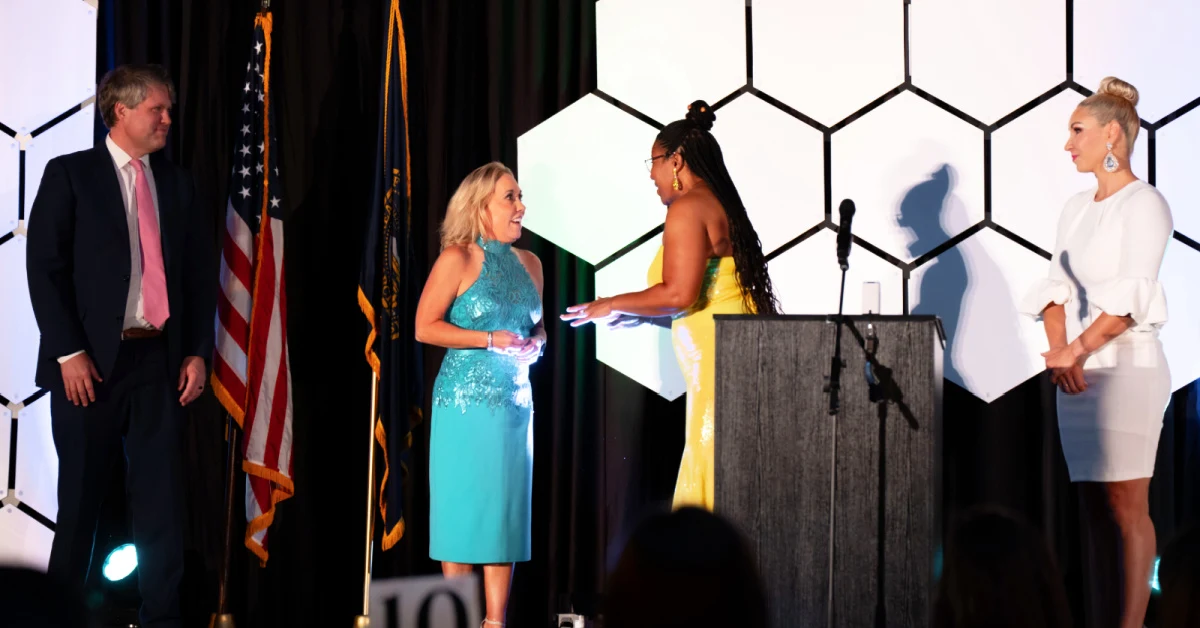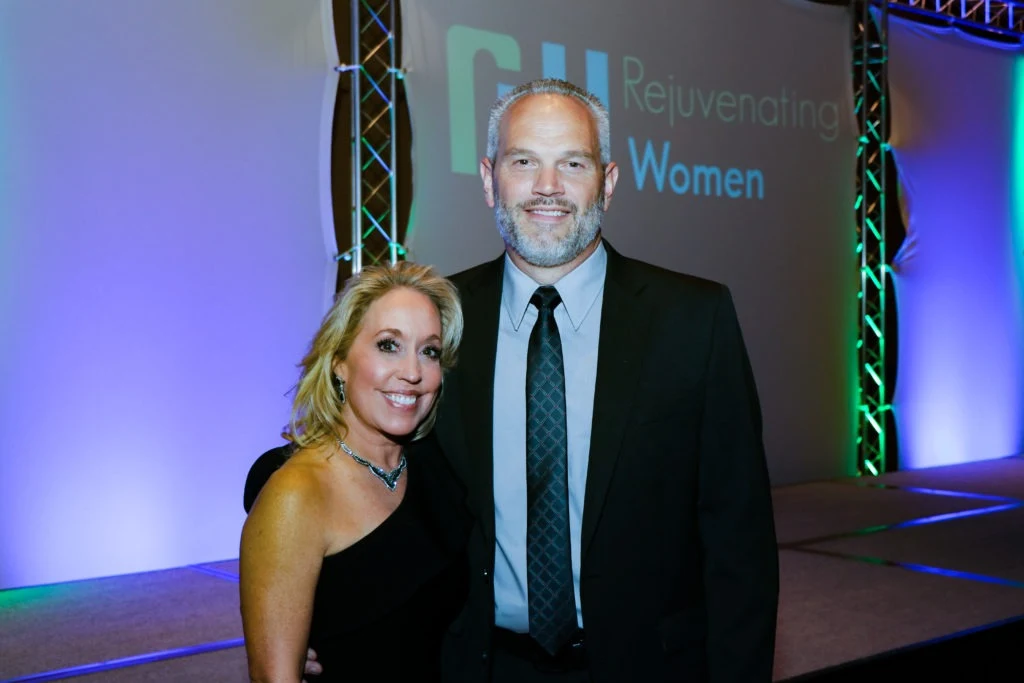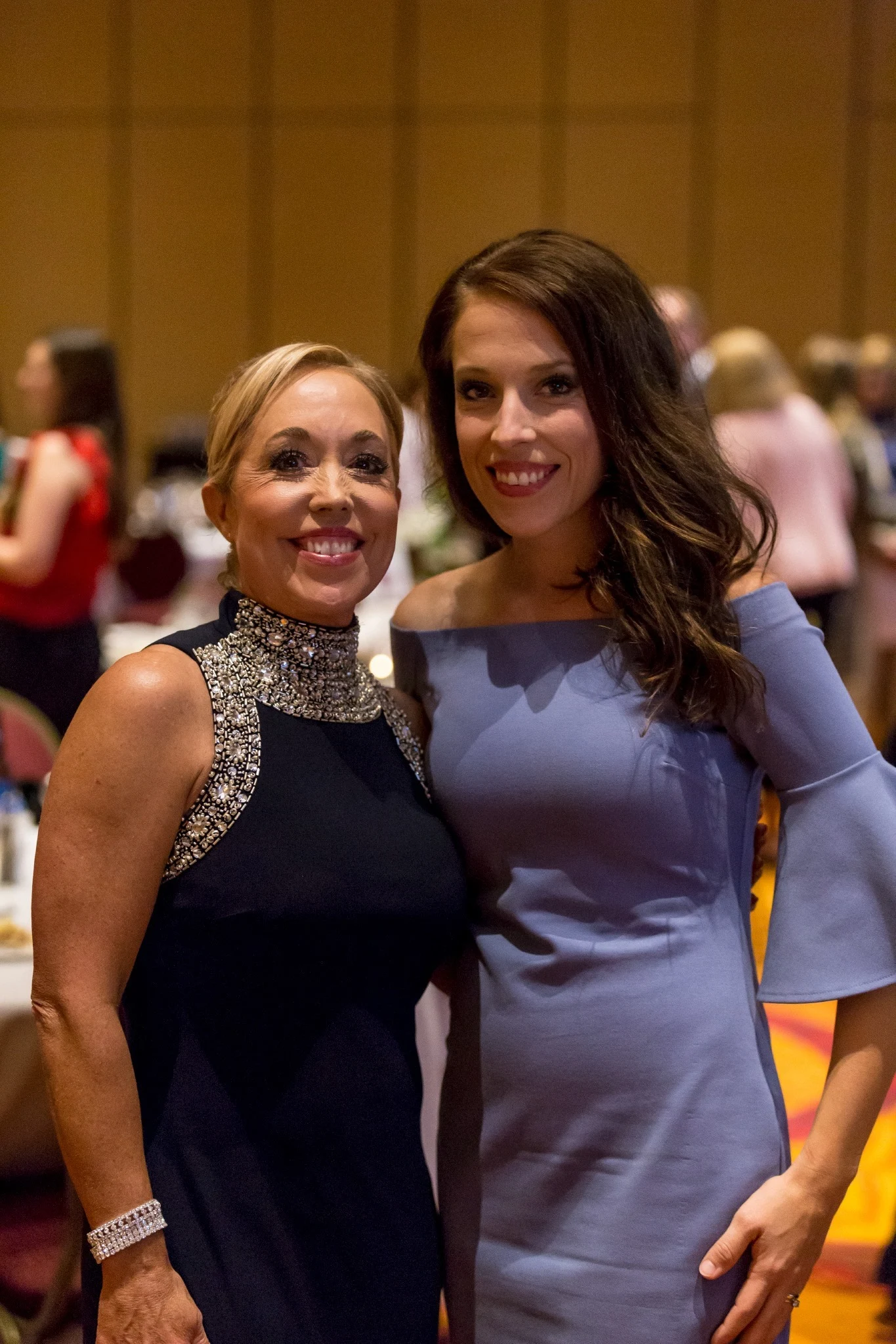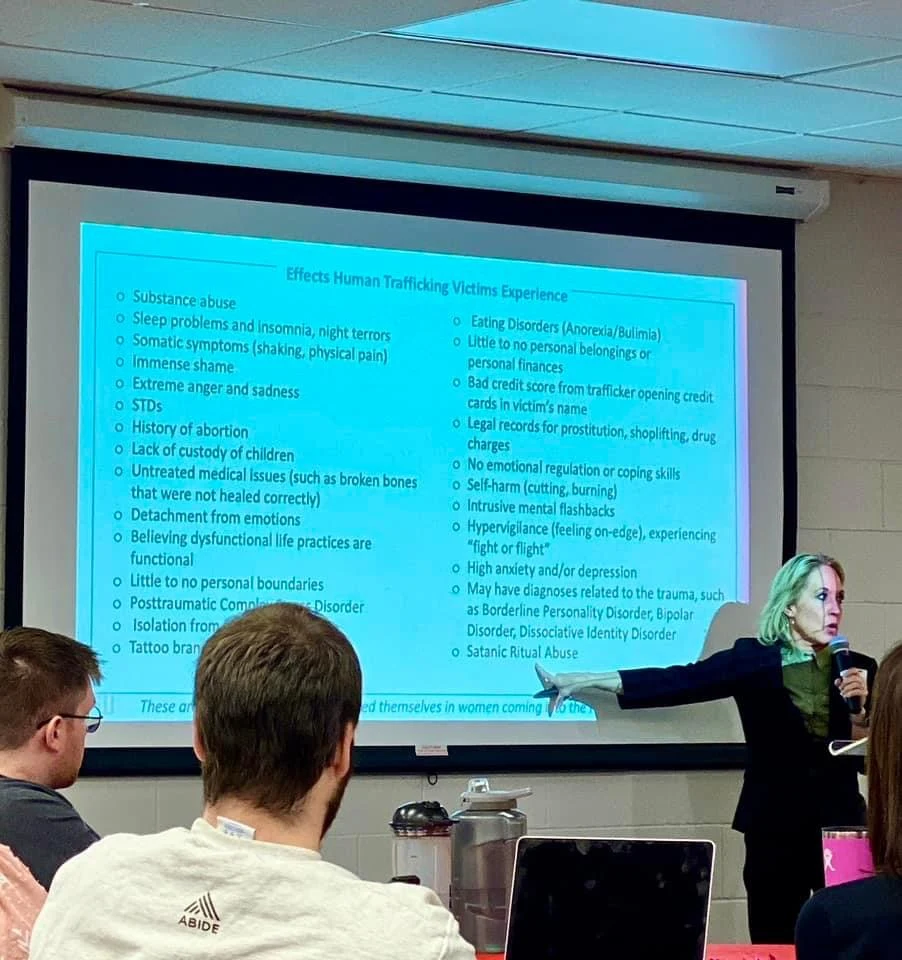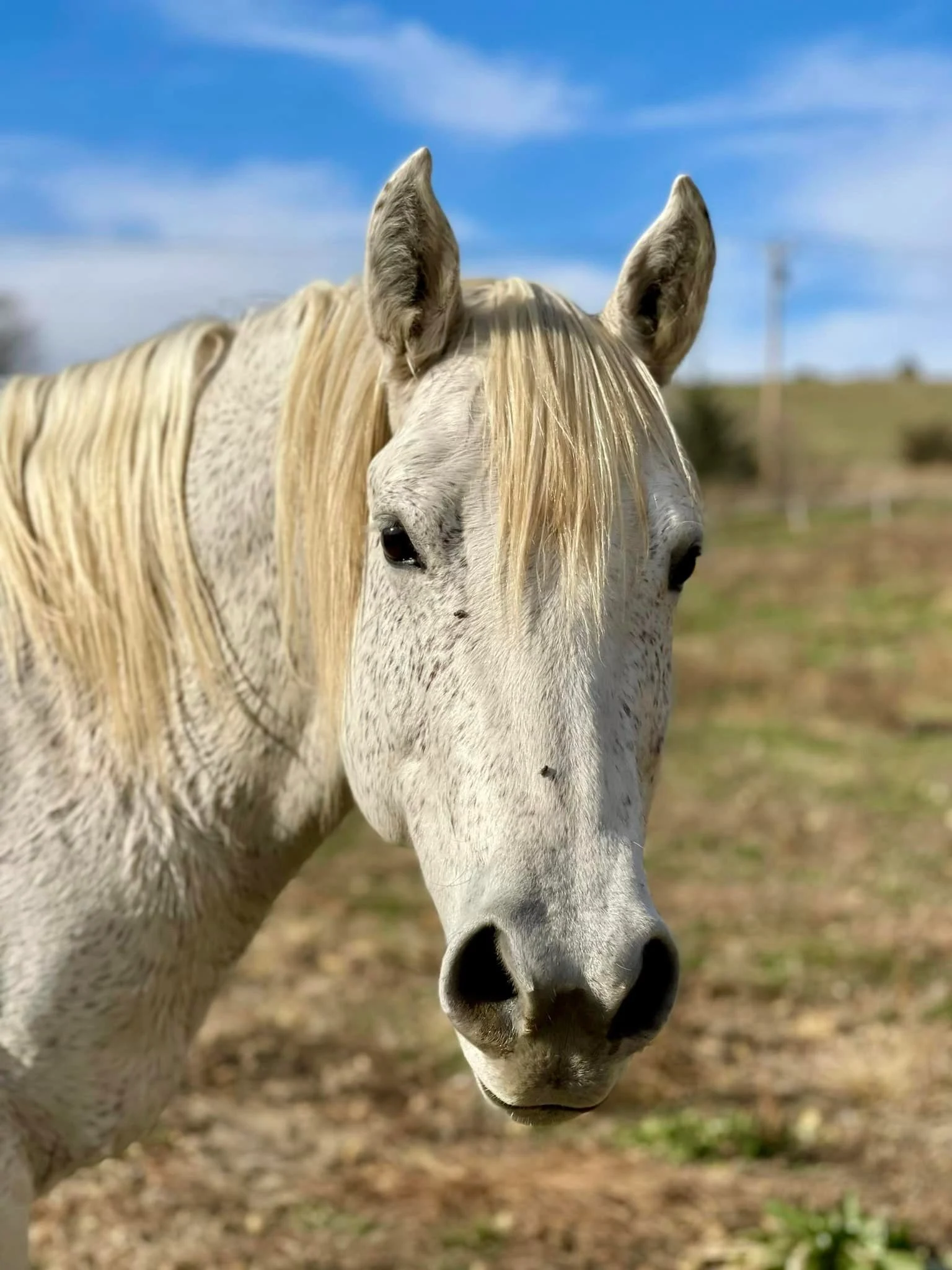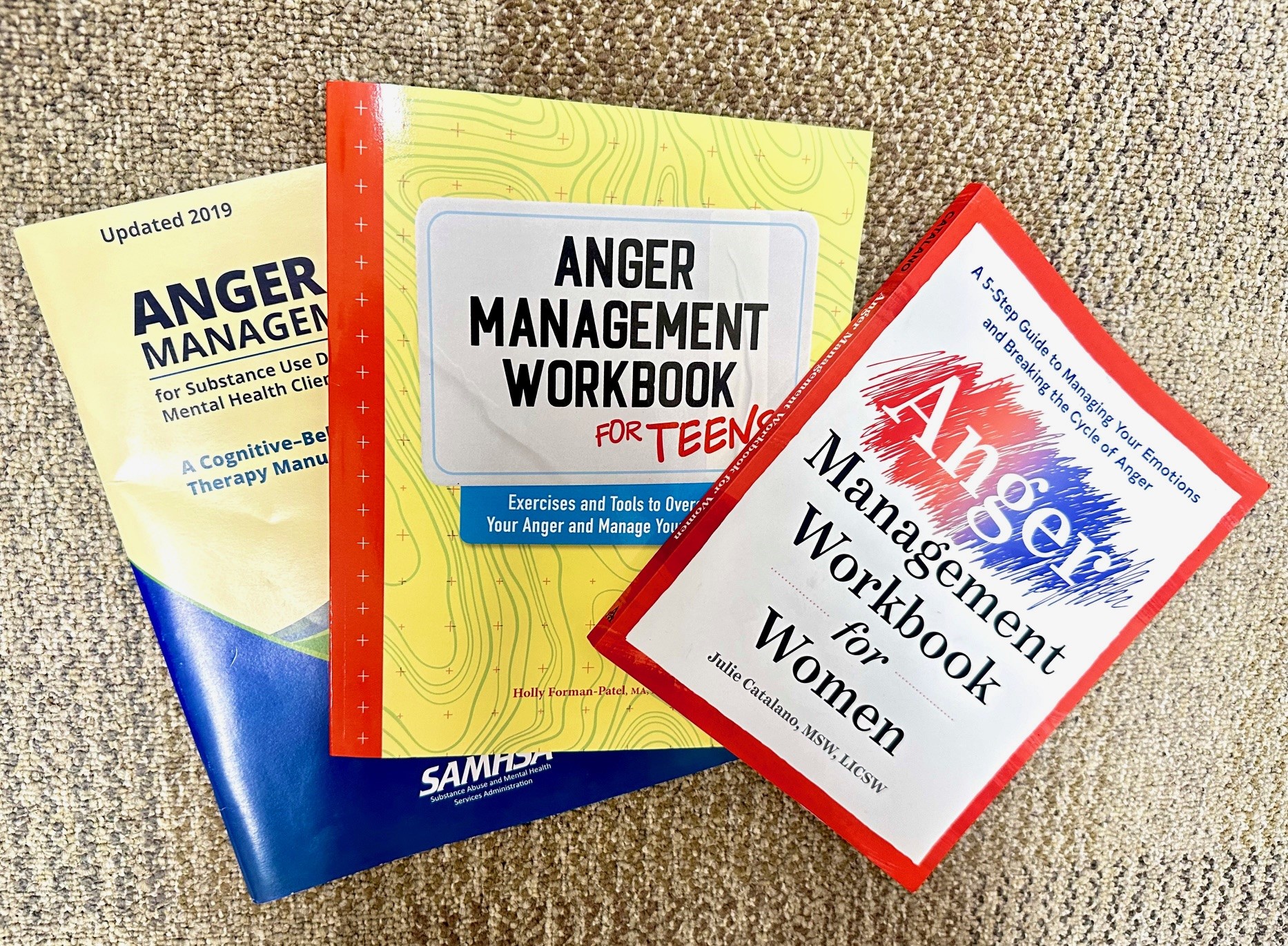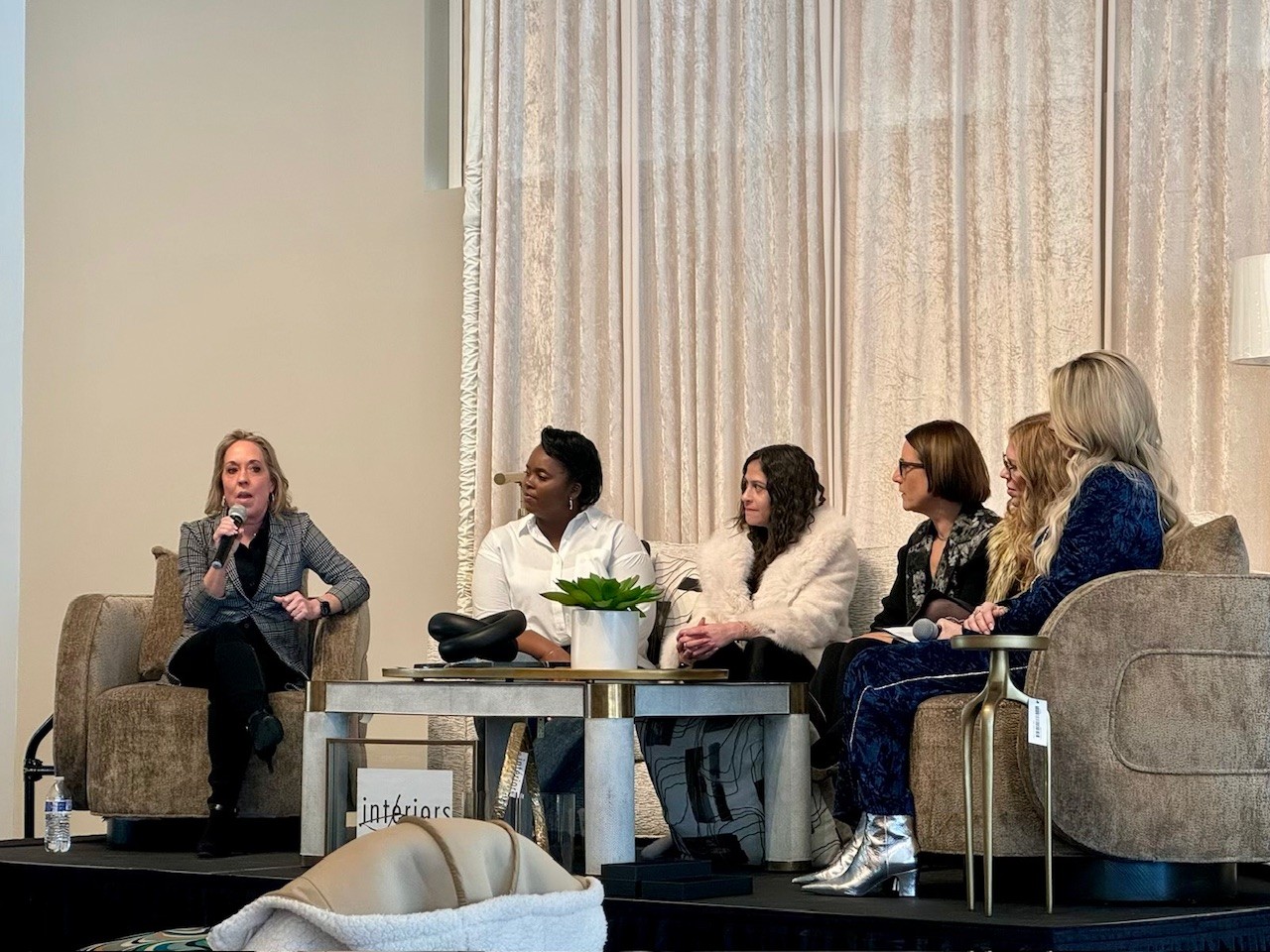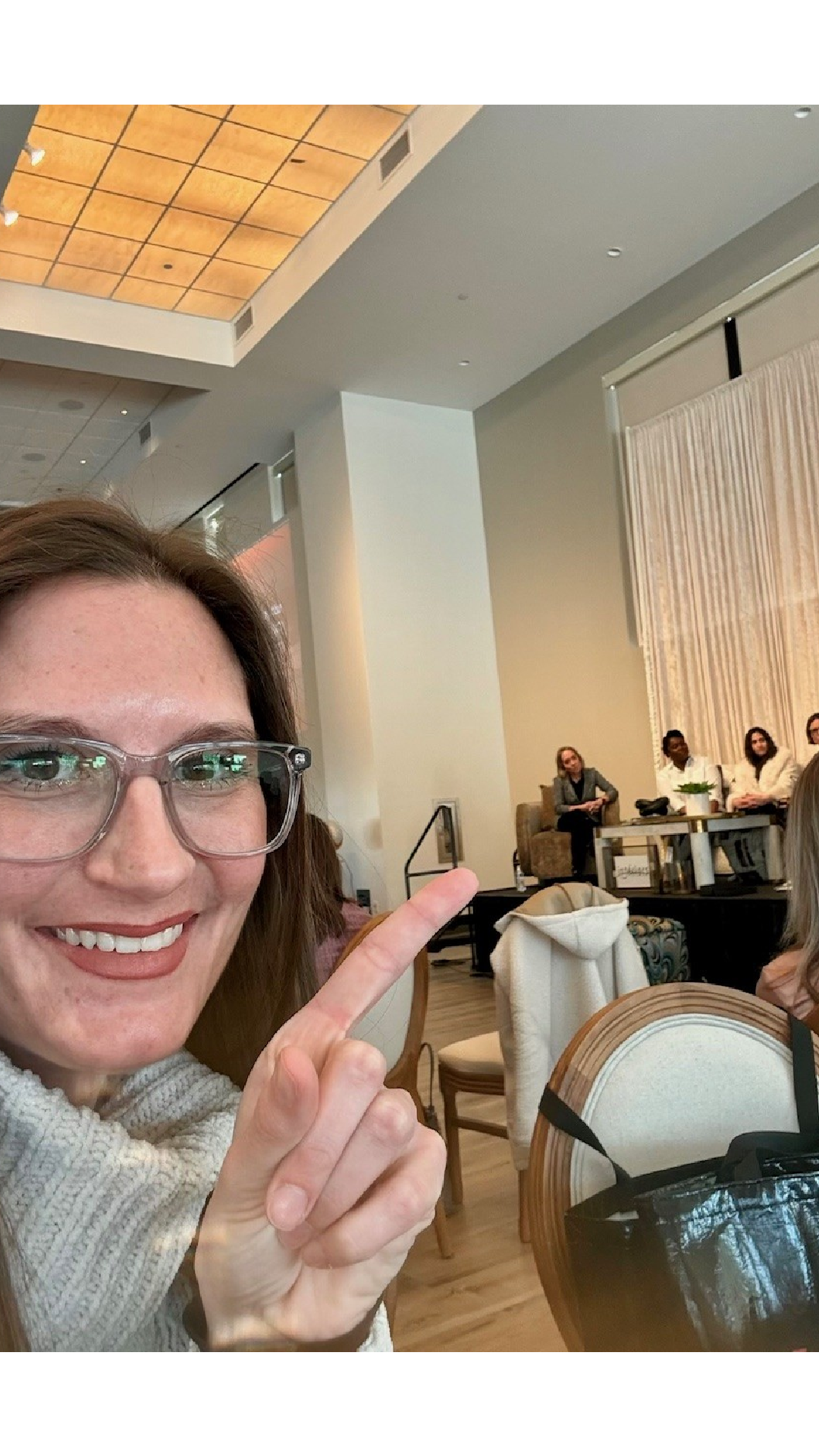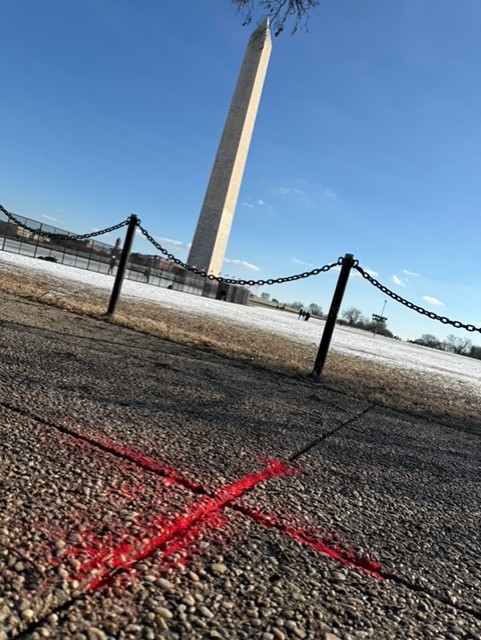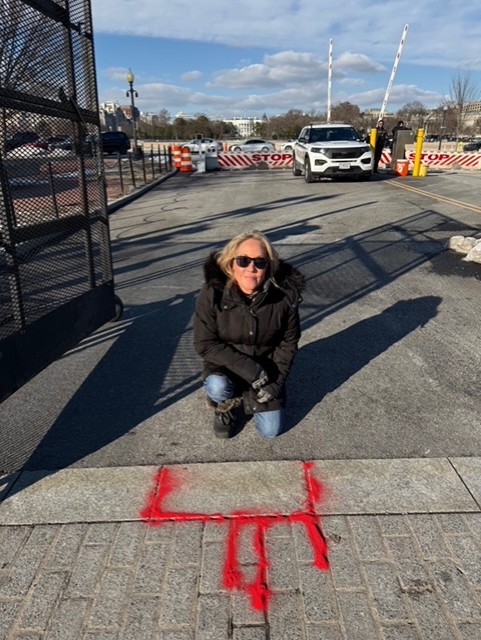Our Founder
Our Founder
Julie Shrader
Founder and Chief Executive Officer
Julie Shrader is the Founder and Chief Executive Officer of Innocence Freed, a Nebraska-based anti-trafficking nonprofit dedicated to serving child and adult female survivors of sexual exploitation and human trafficking. With over 13 years of leadership experience in survivor advocacy, recovery housing, and trauma-informed program development, including short- and long-term programming, Julie brings both professional expertise and lived experience to her work.
Professional Background & Leadership
Before founding Innocence Freed, Julie served for 12 years as the Founder and CEO of Rejuvenating Women, later known as Restored Wings and now operating as Lily Haven.
During her tenure, Julie advanced victims’ rights, developed trauma-informed systems of care, and implemented evidence-based programming that produced strong, measurable outcomes for survivors. Under her leadership, programs achieved an 82% success rate, reflecting sustained progress in safety, stability, and long-term recovery.
Julie led fundraising and development efforts that launched Nebraska’s first and only Christ-centered recovery housing initiative for adult trafficking survivors in 2016. She also provided the vision, funding, and foundational leadership for the state’s first recovery program for trafficked teen girls, establishing systems and infrastructure that continued beyond her tenure.
Program Leadership & Outcomes
Julie’s leadership has consistently emphasized comprehensive, trauma-informed care. Program models integrate mental health support, survivor advocacy, education, life skills development, and long-term stabilization.
The outcomes achieved under her leadership reflect the effectiveness of survivor-centered program design, accountability, and consistent support, and continue to inform the work of Innocence Freed today.
Advocacy, Training & Systems Impact
In addition to direct service leadership, Julie’s work has included statewide and national advocacy, legislative engagement, professional training, and public speaking. She has educated businesses, universities, colleges, schools, medical institutions, faith communities, service providers, and community leaders on prevention, identification, and survivor-centered responses to trafficking and exploitation.
Julie has also served in national advocacy roles, including Communications Director for Epstein Justice, supporting public awareness and survivor-centered justice initiatives.
Lasting Impact
Through more than 13 years of service, Julie’s leadership has contributed to meaningful change for survivors across Nebraska and beyond. As a lived-experience expert and advocate, she continues to influence best practices, strengthen community collaboration, and promote ethical, survivor-led approaches to care.
Through Innocence Freed, Julie remains committed to building transparent, accountable programs that respond to the real and evolving needs of survivors.
Faith, Vision & Values
Julie’s leadership is grounded in her Christian faith and her belief that Jesus rescues, restores, and redeems. She credits Christ with sustaining her through adversity and calling her to serve those who have experienced profound harm.
“He heals the brokenhearted and binds up their wounds.” — Psalm 147:3
This foundation shapes Julie’s approach to leadership, justice, and restoration, guiding her work with humility, compassion, integrity, and hope.
Advocacy and Support Initiatives Implemented by the Founder and CEO, Julie Shrader
Personalized Survivor Support
Listening and Learning: As a survivor herself, Julie prioritizes understanding each survivor’s story, allowing her to tailor the support and resources that Innocence Freed offers to meet their specific needs.
Holistic Care Approach: By focusing on physical, emotional, spiritual, and psychological healing, Julie ensures that survivors receive comprehensive care that addresses all aspects of their recovery.
Community and Family Engagement
Family Support: Recognizing the critical role of parents, children and families in the healing process, provided they are not the traffickers, Julie Shrader has initiated several innovative programs aimed at involving families in the recovery journey of trafficking survivors. These programs include:
Community Awareness Campaigns: Julie leads efforts to educate the community about human trafficking, aiming to reduce stigma and stereotypes while fostering a supportive environment for survivors.
Long-Term Advocacy
Policy Advocacy: Julie works on influencing local and national policies to improve legal protections and resources for trafficking survivors.
Public Speaking and Education: Julie frequently participates in conferences, workshops, trainings, and seminars, sharing her personal stories and experiences along with knowledge to raise awareness and mobilize action against human trafficking.
Collaborative Partnerships
Building Alliances: Julie has 12 years of active collaboration with other organizations, government agencies, and the public to create a robust network of support for survivors.
Resource Development: Julie is involved in securing funding and resources to expand Innocence Freed programs and services, ensuring sustainability and growth.
Empowerment and Reintegration
Skill Development Programs: Under Julie’s leadership, Innocence Freed offers various training programs to equip survivors with the skills needed for employment and independence.
Mentorship Opportunities: Julie has established mentorship programs where survivors who have progressed in their recovery can guide and support newer survivors, fostering a community of shared strength and resilience.
Through Julie Shrader’s dedicated efforts, Julie not only advocates for the immediate needs of trafficking survivors but also strives to create lasting change that empowers them to lead fulfilling, independent lives. Her leadership at Restored Wings, a nonprofit she founded and managed, exemplifies a compassionate and proactive approach to combating human trafficking and supporting its victims. Having survived herself, Julie’s journey has led to tangible outcomes in impact and healing.
Julie has raised awareness about human trafficking by providing education and training to businesses, nonprofits, and government agencies on a wide range of trafficking issues. She’s not only increased awareness but also equipped others to identify and combat trafficking in their communities. Her focus on addressing both the demand and supply sides of human trafficking reflects a holistic approach to tackling this complex issue. Indeed, targeting the root causes, such as the demand for exploitative services, is crucial in preventing further victimization.
Support Services:
Our programs aim to create a safe, supportive, and therapeutic environment where girls and women can receive the care they need to achieve lasting recovery and mental wellness.
We offer equine-assisted learning (EAL) with a faith-based component as part of our aftercare and support programs because it provides a unique and effective approach to healing and personal growth. Equine assisted learning or equine-assisted therapy, leverages the natural bond between humans and horses to promote physical, emotional, and psychological well-being.
